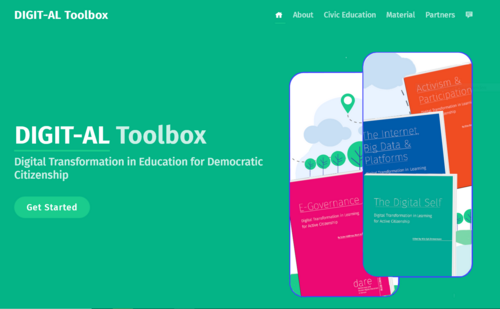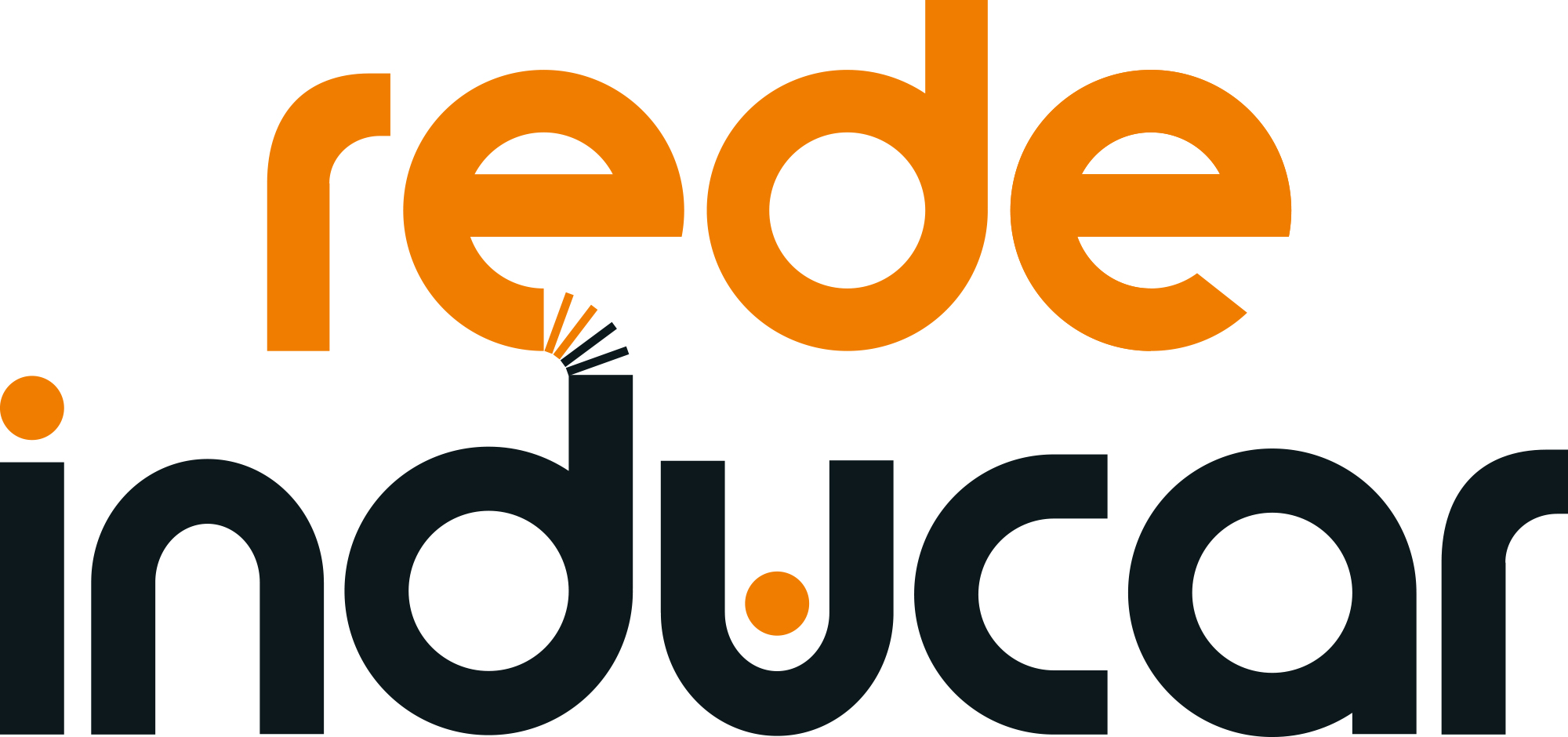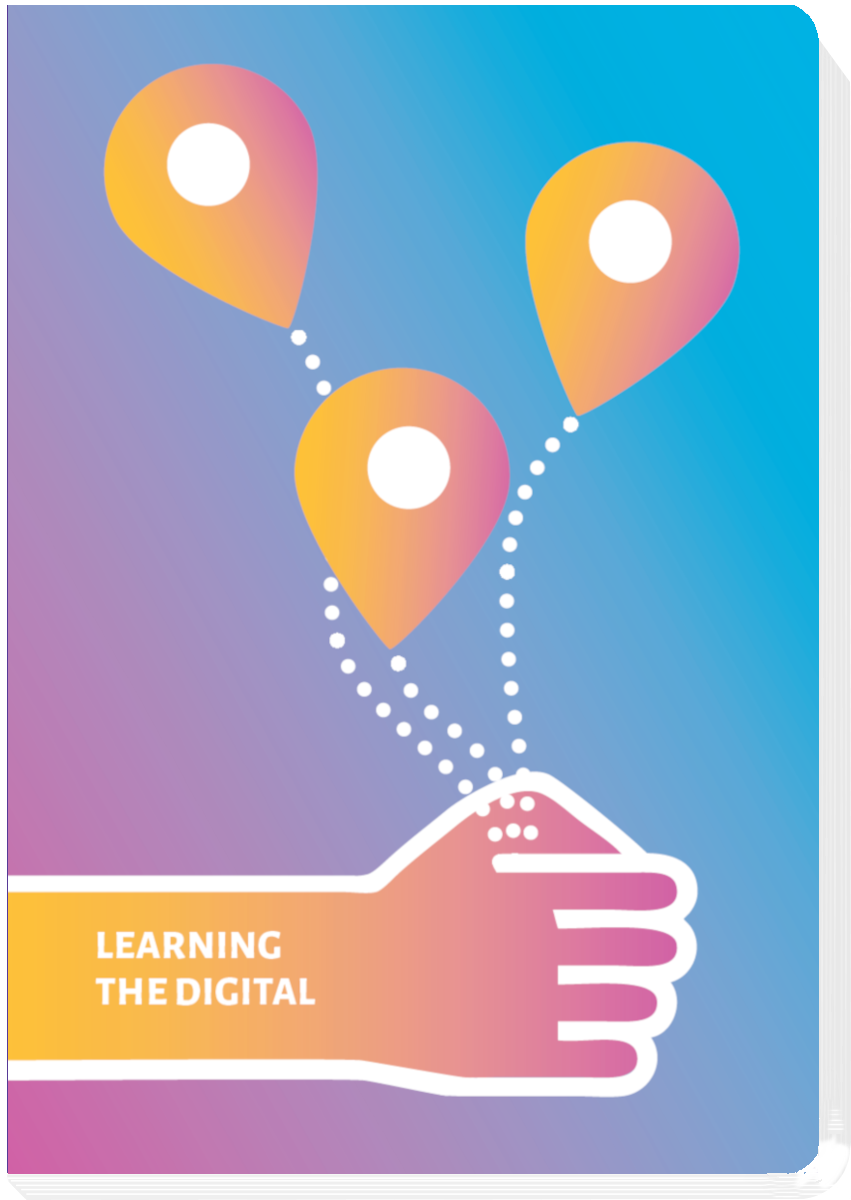Citizen science aims to build new relations between research and the society for which the research is conducted. In particular, citizens have the opportunity to get in touch with current research, to bring in their issues and also to step into the shoes of citizen-researchers. Also, for activists and NGOs, such research practice cooperation is becoming more and more interesting. Especially digital tools and approaches have opened new opportunities for harvesting data (like environmental data), for making scientific data open and accessible, or connecting databases and single projects. Using the power of the public, observations, monitoring and local knowledge can be collected on a large scale, in a way that would not be feasible or affordable using professional scientists alone.
Contents
Citizen science:
Active involvement of citizens in scientific endeavours that generate new knowledge and understanding. Citizens may act as contributors, collaborators, or as project leaders and have a meaningful role in the project. Source: ECSA (European Citizen Science Association): Ten Principles of Citizen Science http://doi.org/10.17605/OSF.IO/XPR2N
Resource: Skype a Scientist
Skype a Scientist has a database with thousands of scientists, allowing students to connect and directly engage in conversation with scientists. A very literal way to bring together scientists and society and create spaces of dialogue: https://www.skypeascientist.com/
Resource: What is Citizen Science
The Austrian Centre for Citizen Science produced this short video with an easy and accessible explanation of what citizen science is. This can be shared with participants allowing them to grasp rather quickly the basic idea behind citizen science. What is Citizen Science?
Inspiration: Bürger schaffen Wissen (citizens create knowledge)
Bürger schaffen Wissen (citizens create knowledge) is the central platform for citizen science in Germany. The platform has presented, connected and supported Citizen Science projects since November 2013. Its main purpose is to give an overview of citizen science projects to illustrate the concept of citizen science, to further develop the landscape of citizen science and in so doing increase its visibility within the German public and discourse: https://www.buergerschaffenwissen.de/en
Inês Carvalho
Master in Associativism and Sociocultural Animation and PhD in Sociology of Education from the University of Minho. Managing director of the organisation Rede Inducar in Porto (Protugal). Guest researcher at the “Observatory for Socio-educational Intervention and Applied Human Rights” at the Paula Frassinetti School of Education.Gustavo Briz
Chairman of the Board of Directors of Rede Inducar in Porto (Portugal). Masters in Architecture and facilitator. Expert for participation, LGBTI aspects and environmental education.References
- ECSA (European Citizen Science Association): Ten Principles of Citizen Science http://doi.org/10.17605/OSF.IO/XPR2N
Digital Transformation in Adult Learning for Active Citizenship
This text was published in the frame of the project DIGIT-AL - Digital Transformation Adult Learning for Active Citizenship.








